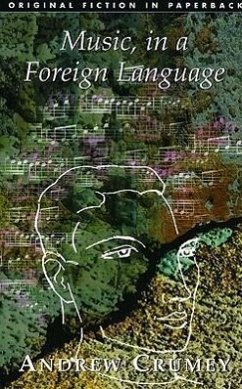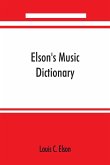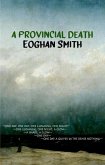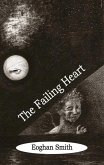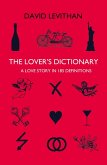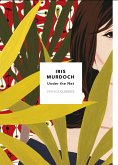"Two people meet on a train: the young man is imagining a novel, and imagining the life of the young woman. A waiter rushes out to find a girl he fancied who hasn't paid her bill, only to find a diary in which their fictitious flirtation is anatomised. But the story actually begins with a man taking a leak after making love to his wife. He has the inklings of a novel, but thoughts will keep intruding, with all their seductive possibilities. The man on the train is living in an England that has decided, with characteristic diffidence and lack of fuss, that it no longer wants to live under a totalitarian regime which has lasted for 40 years. I say totalitarian, but think more of Brazil, a world of terribly genial tyranny, where officialdom tries so hard to be accommodating. And Duncan has another story, one prompted by the memory of his father's car crashing down a slope. As with all good postmodernist novels, the endless digressions are more soothing than jarring." Murrough O'Brien in The Independent on Sunday The strikingly inventive structure of this novel allows the author to explore the similarities between fictions and history. At any point, there are infinite possibilities for the way the story, a life, or the history of the world might progress. The whole work is enjoyably unpredictable, and poses profound questions about the issues of motivation, choice and morality." The Sunday Times "A writer more interested in inheriting the mantle of Perec and Kundera than Amis and Drabble. Like much of the most interesting British fiction around at the moment, Music, in a Foreign Language is being published in paperback by a small independent publishing house, giving hope that a tentative but long overdue counter-attack is being mounted on the indelible conservatism of the modern English novel.With this novel he has begun his own small stand against cultural mediocrity, and to set himself up, like his hero, as ' a refugee from drabness. From tinned peas, and rain.'" Jonathan Coe in The Guardian
Hinweis: Dieser Artikel kann nur an eine deutsche Lieferadresse ausgeliefert werden.
Hinweis: Dieser Artikel kann nur an eine deutsche Lieferadresse ausgeliefert werden.

